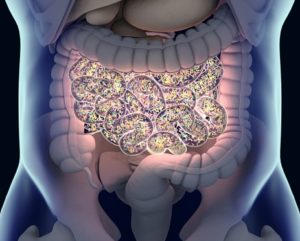Clostridioides difficile (C. diff) infection remains a critical healthcare concern in the US, with shifting strain dynamics and complex transmission patterns. This study in leukemia and hematopoietic stem cell transplant wards found clade 1 strains, both toxigenic and nontoxigenic, to be the most prevalent. While contact precautions effectively limited direct transmission from C. diff patients, carriers emerged as significant reservoirs, contributing to environmental contamination and potential indirect transmission. Genomic analyses identified key accessory genes, including cdtR and cwlD, linked to C. diff symptom severity and virulence in clade 1 strains.
The findings highlight the evolving dominance of clade 1 strains over previously prevalent hypervirulent strains like PCR ribotype 027. Carrier-related transmission and environmental contamination suggest a need for broader infection control measures and further exploration of genomic factors influencing C. diff. The study underscores the importance of phage-like elements and accessory genes in colonization and pathogenicity, offering new insights into improving prevention and management strategies in healthcare settings.
Reference: Newcomer EP, Fishbein SRS, Zhang K, et al. Genomic surveillance of Clostridioides difficile transmission and virulence in a healthcare setting. mBio. 2024 Mar 13;15(3):e0330023. doi: 10.1128/mbio.03300-23. Epub 2024 Feb 8. PMID: 38329369; PMCID: PMC10936198.









